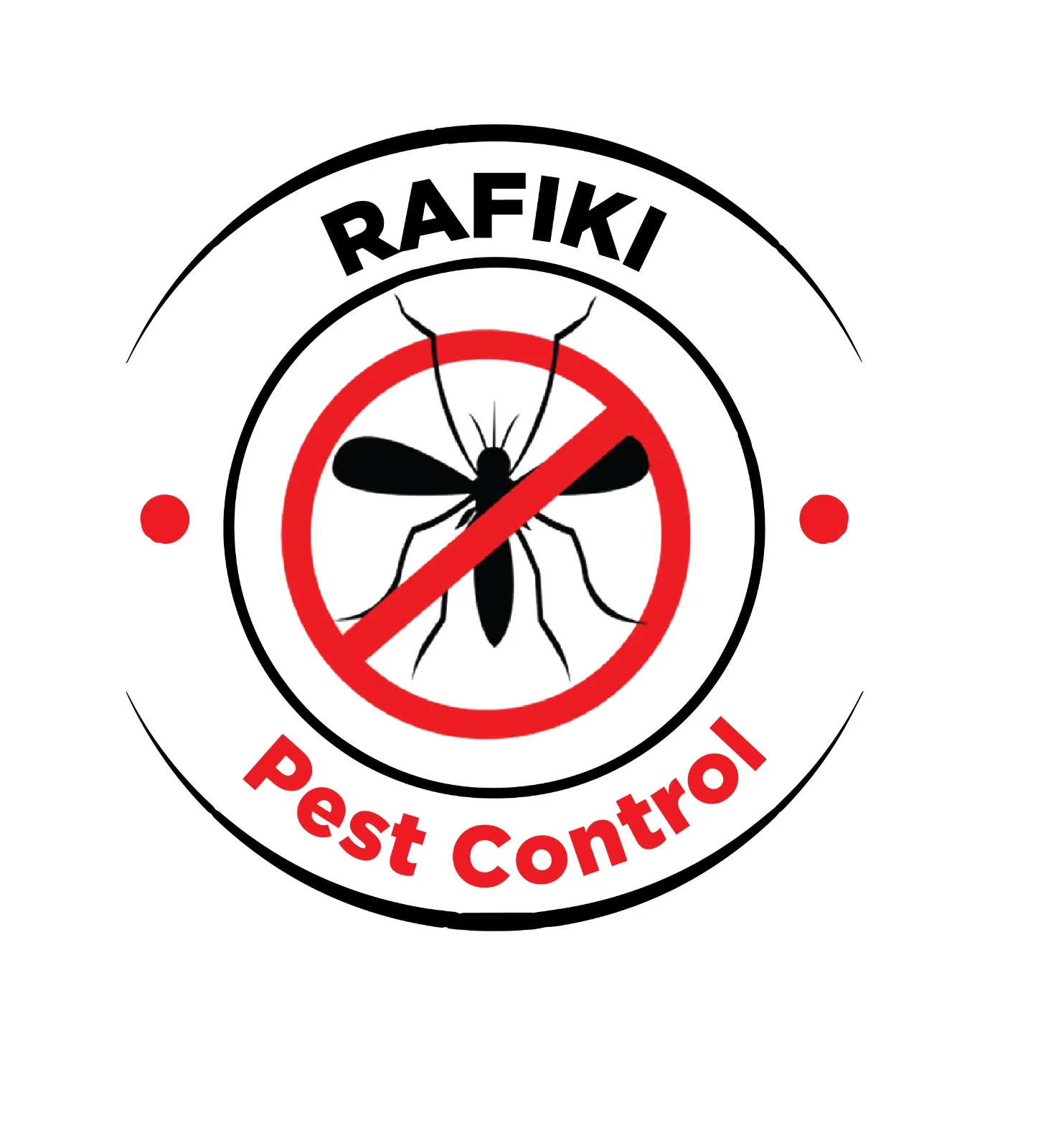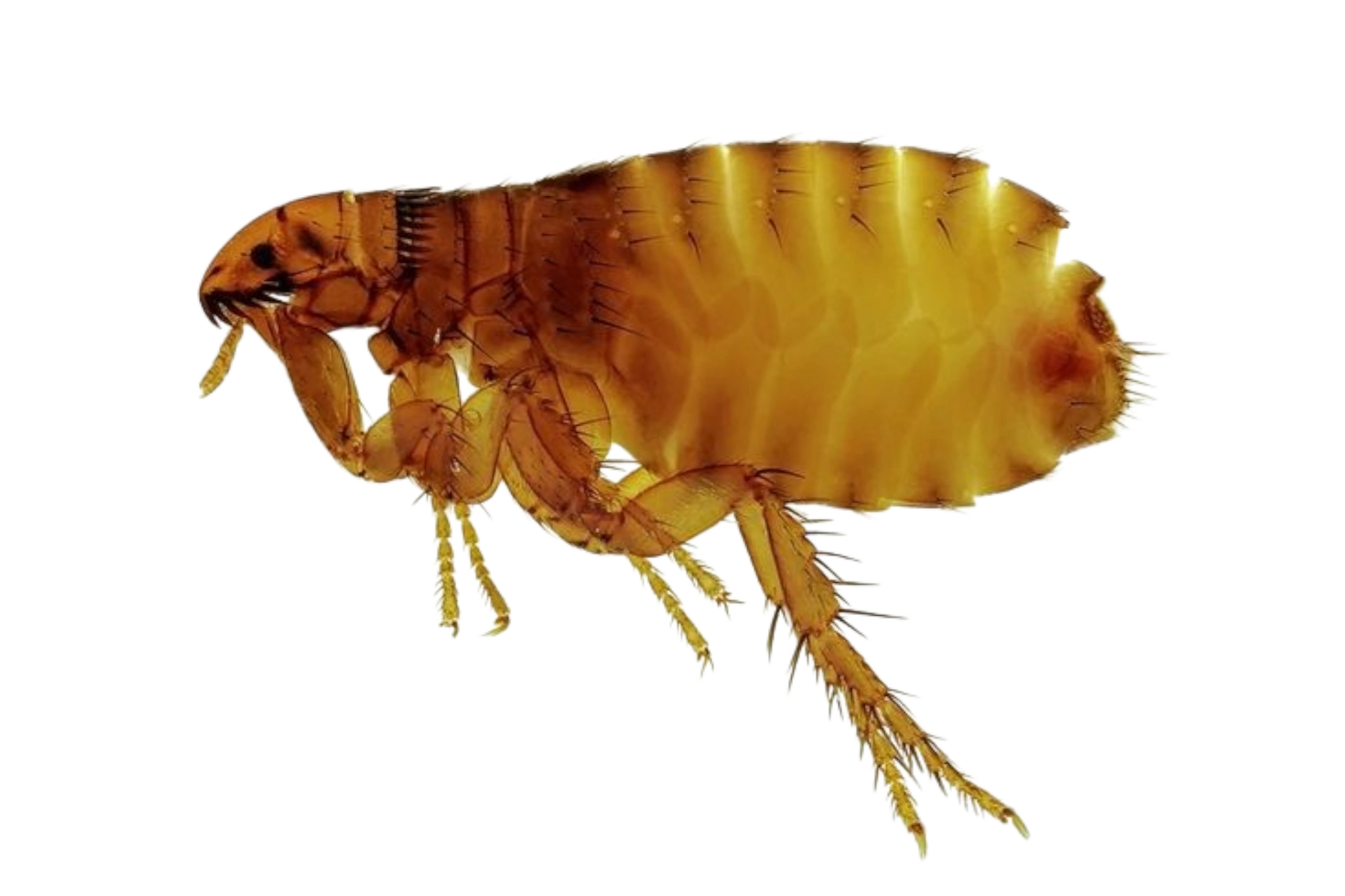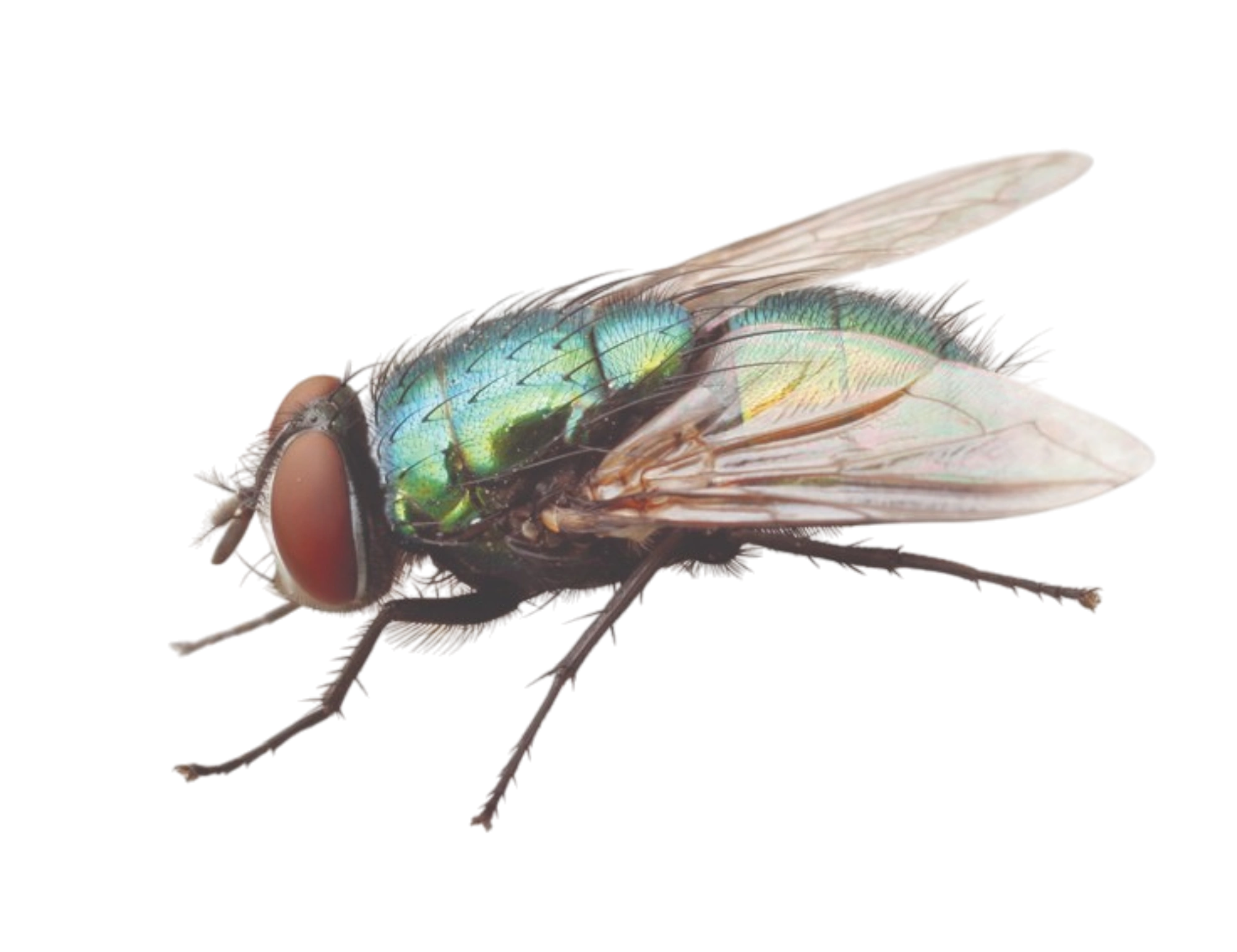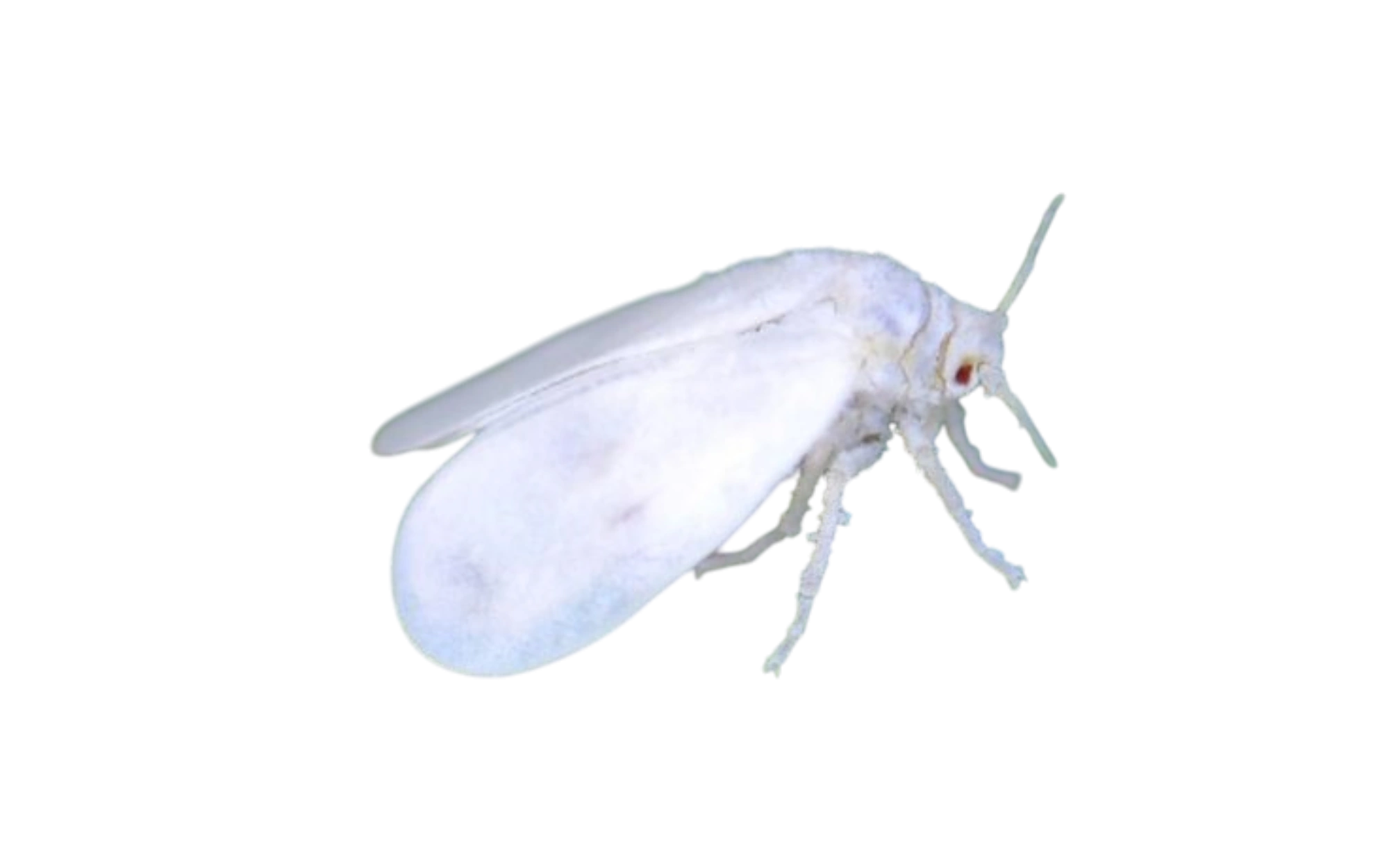Flea Control Services
Fleas are small, wingless insects that pose significant problems in homes, commercial properties, farms, and animal shelters across Kenya. These pests not only cause discomfort through their bites but also act as vectors for diseases affecting humans and animals alike. Controlling fleas is essential to maintain a healthy, hygienic environment and to prevent infestations from spreading rapidly. Rafiki Pest Control provides comprehensive flea control services designed to effectively eliminate fleas and protect your property and loved ones from their harmful effects.
Why Flea Control Is Important
- Health Risks: Flea bites cause itching, allergic reactions, and can transmit diseases such as plague, murine typhus, and tapeworm infections.
- Pet Safety: Fleas infest pets causing discomfort, anemia, and severe skin problems.
- Rapid Infestation: Fleas reproduce quickly, making infestations hard to control once established.
- Property Contamination: Fleas can infest carpets, bedding, furniture, and cracks in floors and walls, making eradication challenging.
- Economic Impact: Infestations lead to costly treatments for pets and homes, and reduce quality of life.
Common Flea Species in Kenya
- Ctenocephalides felis (Cat flea): The most common flea species infesting cats, dogs, and humans.
- Ctenocephalides canis (Dog flea): Primarily infests dogs but can bite humans as well.
- Pulex irritans (Human flea): Less common but can infest humans and their environments.
- Echidnophaga gallinacea (Chigoe flea or sand flea): Found mostly in rural areas, can cause severe irritation and infections.
Causes of Flea Infestations
- Presence of infested pets or stray animals around the property.
- Warm, humid conditions favor flea breeding and survival.
- Poor hygiene and sanitation inside homes or animal housing.
- Accumulation of organic debris, pet hair, and dust where fleas can thrive.
- Lack of regular pest control and pet treatment.
Signs of Flea Infestation
- Frequent scratching, biting, or licking by pets.
- Visible fleas or flea dirt (small black specks) on pet fur or bedding.
- Red, irritated, or inflamed skin on humans or animals.
- Flea bites appearing as small red spots, often around ankles and legs in humans.
- Flea larvae or pupae found in carpets, rugs, and cracks.
Our Flea Control Process
1. Thorough Inspection
Our trained technicians inspect pets, indoor and outdoor environments, bedding, carpets, furniture, and pet resting areas to assess infestation levels.
2. Pet Treatment
We recommend or provide safe, effective flea treatments for pets, including topical applications, oral medications, and flea collars in coordination with veterinarians.
3. Environmental Treatment
- Application of insecticides in all flea-prone areas including carpets, upholstery, pet bedding, cracks, and outdoor resting spots.
- Use of insect growth regulators (IGRs) that interrupt the flea life cycle by preventing larvae from developing into adults.
- Thorough vacuuming before and after treatments to remove eggs, larvae, and pupae.
4. Yard and Outdoor Control
Treatment of shaded, moist outdoor areas where fleas and their hosts reside, such as under bushes, kennels, and pet runs.
5. Ongoing Monitoring and Follow-Up
Scheduled visits to ensure complete elimination and prevent reinfestation, with advice on maintenance practices.
Why Choose Rafiki Pest Control for Flea Control
- Experienced technicians trained in flea biology and control methods.
- Use of safe, effective, and pet-friendly products registered for use in Kenya.
- Integrated pest management combining pet care and environmental treatment.
- Tailored flea control programs for homes, businesses, farms, and shelters.
- Prompt and discreet service with ongoing support and education.
What We Use
- Adulticides targeting adult fleas on pets and in the environment.
- Insect growth regulators (IGRs) such as methoprene and pyriproxyfen.
- Residual insecticides for lasting protection on carpets and furniture.
- Safe, non-toxic flea sprays and powders for sensitive areas.
- Protective gear for technicians and safe application methods.
Preventing Flea Infestations
- Regularly treat pets with veterinarian-recommended flea preventatives.
- Maintain good hygiene by vacuuming carpets, upholstery, and pet bedding frequently.
- Wash pet bedding and toys regularly in hot water.
- Keep yards clean, trimming vegetation and removing organic debris.
- Prevent stray animals from accessing your property.
Health Risks Associated with Fleas
- Flea bites cause intense itching and allergic dermatitis.
- Potential transmission of diseases including murine typhus and bubonic plague (rare but serious).
- Flea tapeworm infections in pets and humans.
- Secondary bacterial infections from scratching flea bites.
- Anemia in heavily infested pets, especially puppies and kittens.
Economic and Social Impact of Flea Infestations
- Increased veterinary and medical costs for treatment.
- Property damage and reduced comfort due to flea infestations.
- Time and money spent on repeated cleaning and pest control.
- Negative impact on quality of life for pet owners and families.
- Potential loss of business for hospitality and pet care industries.
Call to Action
Protect your home, family, and pets from the discomfort and health risks caused by fleas with Rafiki Pest Control’s comprehensive flea control services. Our expert team provides thorough inspections, safe and effective treatments, and ongoing prevention strategies tailored to your needs. Contact us today for a free consultation and take the first step toward a flea-free environment.




